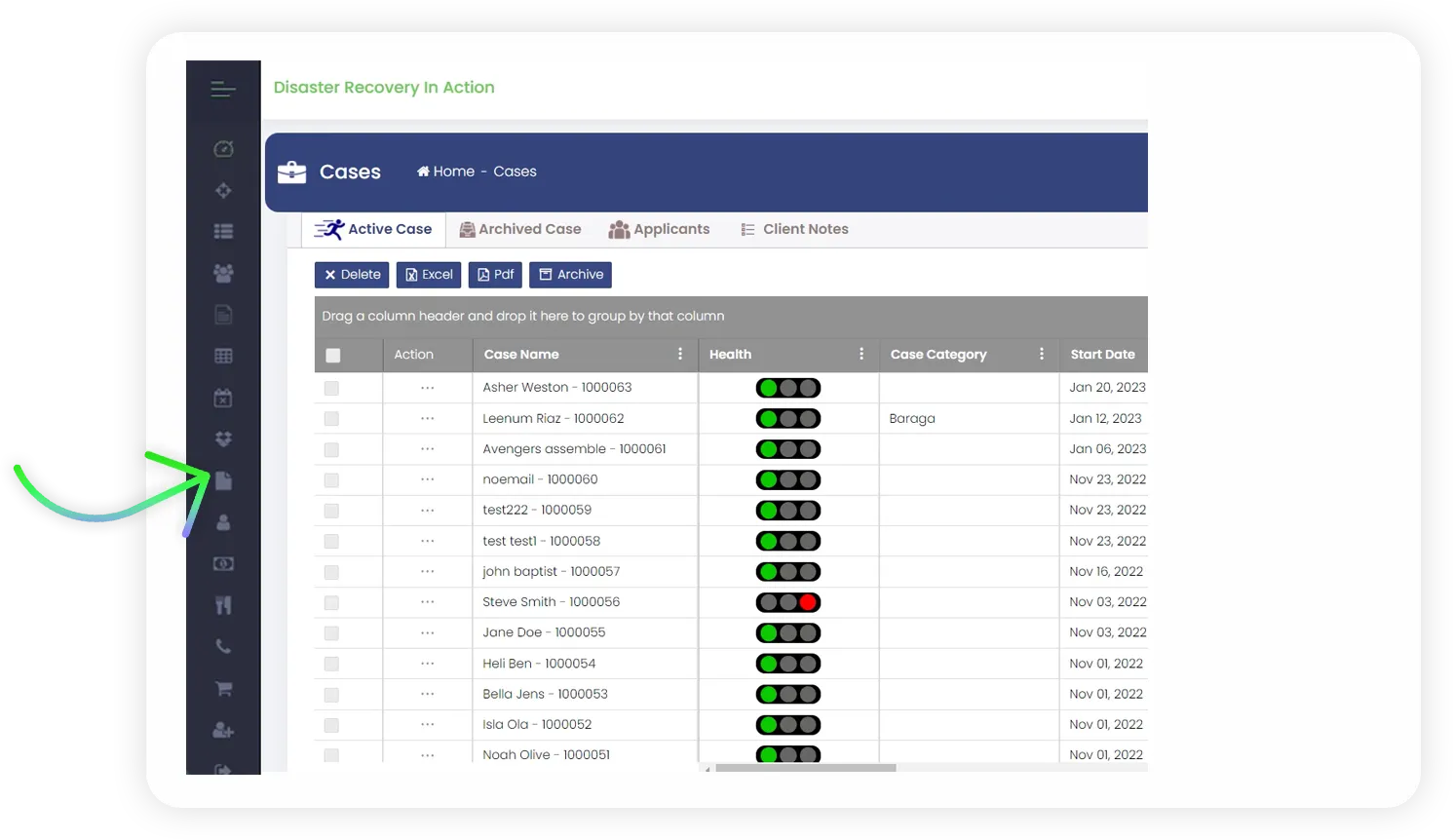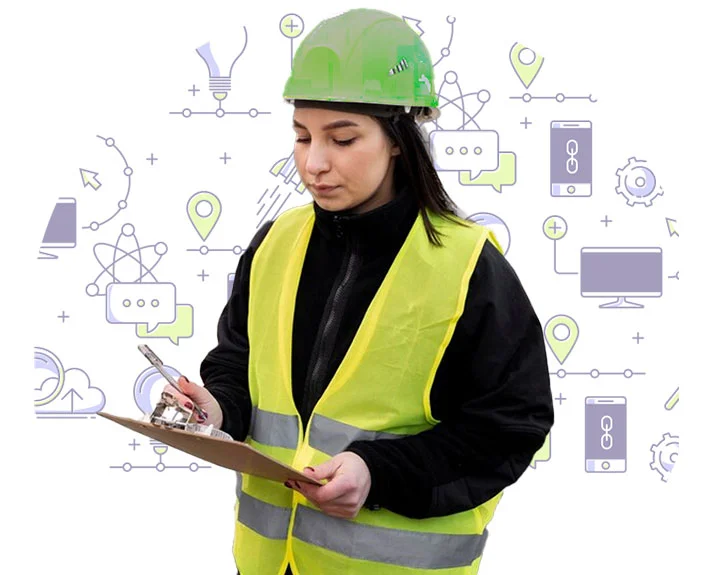
Disasters test our limits as a community and a civilization.
It is in unexpected times of chaos and sudden breakdowns in systems, that groups of people must come together to help those affected by the emergency. Disasters can impact all aspects of life and make survival harder, the longer a group is exposed to the circumstances. So, help must arrive swiftly and rehabilitate the affected as soon as possible in an orderly manner. Such efforts will require resources, individuals with expertise, rapid communication, coordination and thought out plans to rehabilitate people to a normal life again. Given the broad nature of tasks and individuals involved, there must be systems and tools present to assist those managing the disaster affected.
What is Disaster Case Management (DCM)?
DCM is a program that addresses human services needs following a disaster through partner integration, provider capacity building, and State level program development. The most pressing needs would include:

Food and Medicines

Adequate Shelter
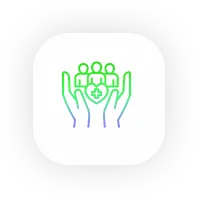
Health Care Services
Tracking affected Individuals to families
As many of the normal community support systems are disrupted during and after a disaster, the DCM program promotes effective delivery of post-disaster case management services and recovery.
DCM is limited-time cooperation between a case manager and a disaster survivor to develop and carry out a Disaster Recovery Plan. This partnership provides the client with a single person to facilitate access to a broad range of resources. The process involves assessing the client’s needs caused by and related to the disaster, developing a goal-oriented plan outlining the steps necessary for recovery, organizing and coordinating resources that match the client’s needs, monitoring progress, and – when necessary – advocating on behalf of the client.
What and When is it available?
During a Presidentially declared disaster, the Governor may request the DCM program through the Federal Emergency Management Agency (FEMA) To create a coordinated system that provides disaster survivors with a single point of contact to help them achieve pre-disaster levels of functioning. The DCM program is administered in partnership with the US Department of Health and Human Services (HHS).
With PlanStreet, you can use our Disaster Case Management software to create a platform for:

Volunteer
coordination

Emergency
response
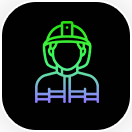
Human and
resource recovery.

Seamless
communication.
The intent of these guidelines is not to dictate how individual homeless service organizations use the data they collect, rather it is to ensure an efficient sharing of date between agencies. When each partner organization is keeping a like set of data, it enables an apples to apples comparison of trends.
Benefits of Disaster Management
Effective disaster response and recovery involves establishing a system that serves the needs of vulnerable populations utilizing pre-disaster risk assessments and crisis management communication, along with planned and tested tools and robust resources. Disaster Case Management is one such tool.

Disaster Case Management supports disaster-recovery efforts by facilitating quick re-housing of people impacted by flooding, wildfires, and other events leading to housing displacement.
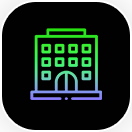
Assisting with customized media strategies to alert residents to centralized sources of housing information.

Helping disaster victims in the search for housing and related resources.
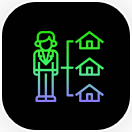
Recruiting landlords in priority areas to offer short- and long-term housing to displaced households.
For your Disaster Case Management needs, PlanStreet’s provides

Client Intake
Get to work quickly with a simple interview format, designed for mobile devices. Build registries, capture initial damage assessments, and survey individual and household needs.
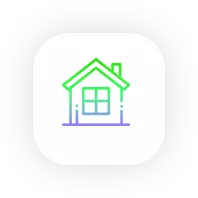
Shelter System Management
Sheltering is often the first phase of response, and it can set the tone for the entire operation. You can use PlanStreet to bring together available housing and match it to clients.
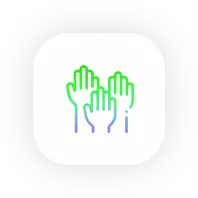
Volunteer Coordination
Disaster response depends on volunteers. The challenge is to connect the appropriate person and skills, at the right time and place. Using PlanStreet, you can register volunteers, assign them clients and tasks, all from within our integrated system which brings together all data and resources.

Goods & Services Donations
Coordinating solicited, and unsolicited donations of goods and services can be a serious challenge in case of a disaster. Using PlanStreet’s pantry and inventory management donations can be monitored and disbursed to those in need.
Case Management
For short or long-term disaster case management, the PlanStreet platform allows modifications to your original plans with easy to add or remove tasks on case boards for each client.
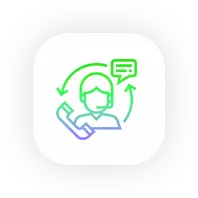
Services & Referral
Case managers can refer services required by survivors to third parties when they can’t provide the needed services themselves. Progress made for the clients can still be monitored by the original case managers through the PlanStreet platform.
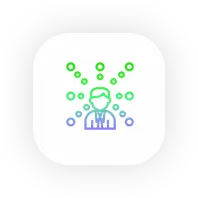
Situational Awareness
For short or long-term disaster case management, the PlanStreet platform allows modifications to your original plans with easy to add or remove tasks on case boards for each client.
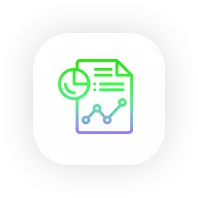
Reports & Analytics
PlanStreet offers a range of reports and analytics where outcomes can be presented in various ways. You can use your own solutions, or our dashboards, integrate with other data sources and use maps for display.
PlanStreet's Disaster case management ensures that you manage each case efficiently
Successfully execute your cases with PlanStreet and stay on top of every activity.
Live Demo